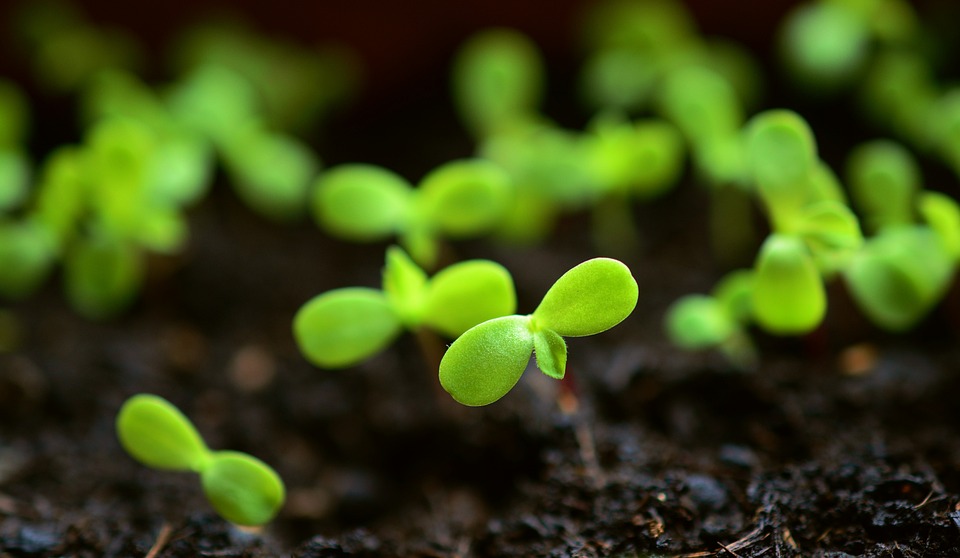Introduction
Soil is a vital component of our environment. It is responsible for anchoring plants, providing essential nutrients, filtering water, and storing carbon. Taking care of soil health is vital not only for productive agriculture but also for mitigating climate change and preserving ecosystems. In this article, we will explore the science behind soil care and the numerous environmental benefits it brings.
The Importance of Soil Health
Healthy soil is teeming with life. It contains a diverse array of microorganisms, fungi, earthworms, and insects that play vital roles in nutrient cycling, decomposition, and soil structure improvement. When soil is healthy, it can retain more water, reducing runoff and erosion. Moreover, healthy soils have better nutrient availability, leading to healthier plants and higher crop yields.
Soil Degradation and its Consequences
Unfortunately, human activities such as intensive agriculture, deforestation, and improper land management have led to soil degradation. Soil erosion, nutrient depletion, compaction, and contamination are among the consequences. As a result, crop productivity declines, and the quality of ecosystems deteriorates. Soil degradation also contributes to climate change as carbon stored in soil is released into the atmosphere.
Soil Care Practices
Adopting sustainable soil care practices is crucial for preserving and enhancing soil health. Some important practices include:
- 1. Crop rotation: Alternating crops in a field improves soil fertility, reduces pests and diseases, and prevents nutrient imbalances.
- 2. Cover cropping: Planting cover crops between main crops helps reduce erosion, improves soil structure, and adds organic matter.
- 3. Conservation tillage: Reducing or eliminating plowing helps retain soil moisture, decrease erosion, and protect soil organisms.
- 4. Composting: Recycling organic waste into compost provides valuable nutrients, improves soil structure, and increases water-holding capacity.
- 5. Proper irrigation management: Efficient water use prevents waterlogging or drought, maintaining healthy soil conditions.
Environmental Benefits of Soil Care
The science-backed soil care practices mentioned above deliver several environmental benefits:
- 1. Improved water quality: Healthy soils act as natural filters, removing pollutants and preventing their entry into groundwater or nearby water bodies.
- 2. Reduced greenhouse gas emissions: Soil management techniques that enhance carbon sequestration help mitigate climate change by storing carbon dioxide from the atmosphere.
- 3. Enhanced biodiversity: Healthy soils support a rich diversity of beneficial organisms, including pollinators and natural predators, which contribute to ecosystem balance.
- 4. Erosion prevention: Soil erosion is minimized through soil care practices, preserving the top fertile layer and preventing sedimentation in rivers and lakes.
- 5. Sustainable agriculture: By maintaining soil fertility and crop productivity, soil care practices allow for sustainable agricultural practices, reducing the need for harmful synthetic fertilizers and pesticides.
FAQs
Q: How long does it take to improve soil health?
A: The time required to improve soil health varies depending on the initial condition of the soil and the practices implemented. Significant improvements can be observed within a few years, but complete restoration may take decades.
Q: Can soil care practices be implemented in urban areas?
A: Absolutely! Urban gardening, rooftop gardens, and community composting are excellent examples of how soil care practices can be implemented even in limited spaces. These practices contribute to urban greening, food production, and environmental education.
Q: How does soil care benefit farmers economically?
A: Implementing soil care practices can lead to higher crop yields, reducing the need for expensive synthetic inputs. It also prevents the loss of productive land, minimizing the need for land conversion.
Q: Are there government programs that support soil care?
A: Many countries have recognized the importance of soil care and provide subsidies, funding, and technical assistance for farmers and landowners who adopt sustainable soil management practices. It is beneficial to inquire with local agricultural or environmental agencies for available programs.
Q: Can home gardeners also benefit from soil care practices?
A: Absolutely! Home gardeners can improve the health of their soil by implementing composting, mulching, and using organic fertilizers. These practices enhance plant growth, reduce the need for chemical inputs, and contribute to a more sustainable environment.




